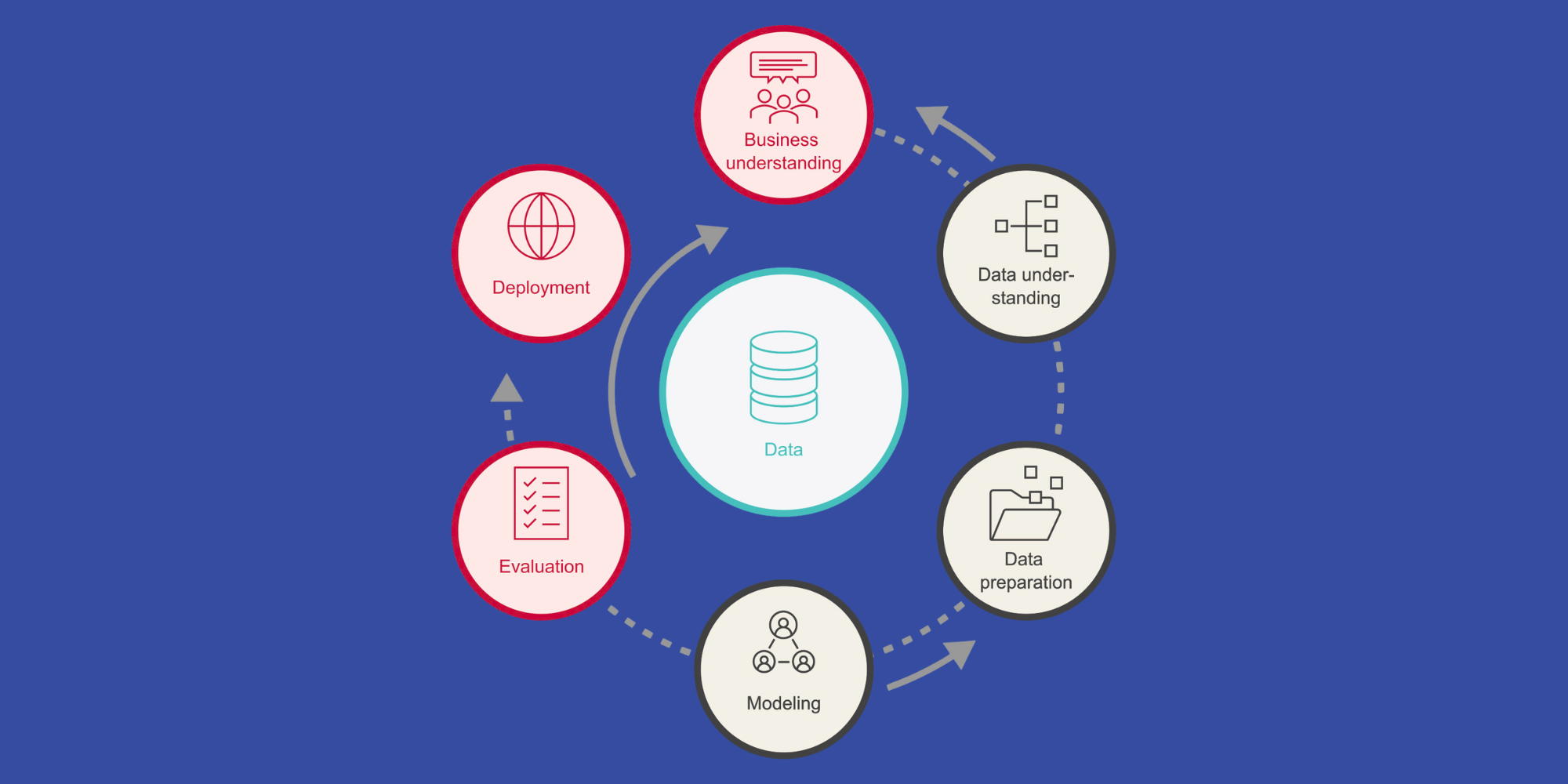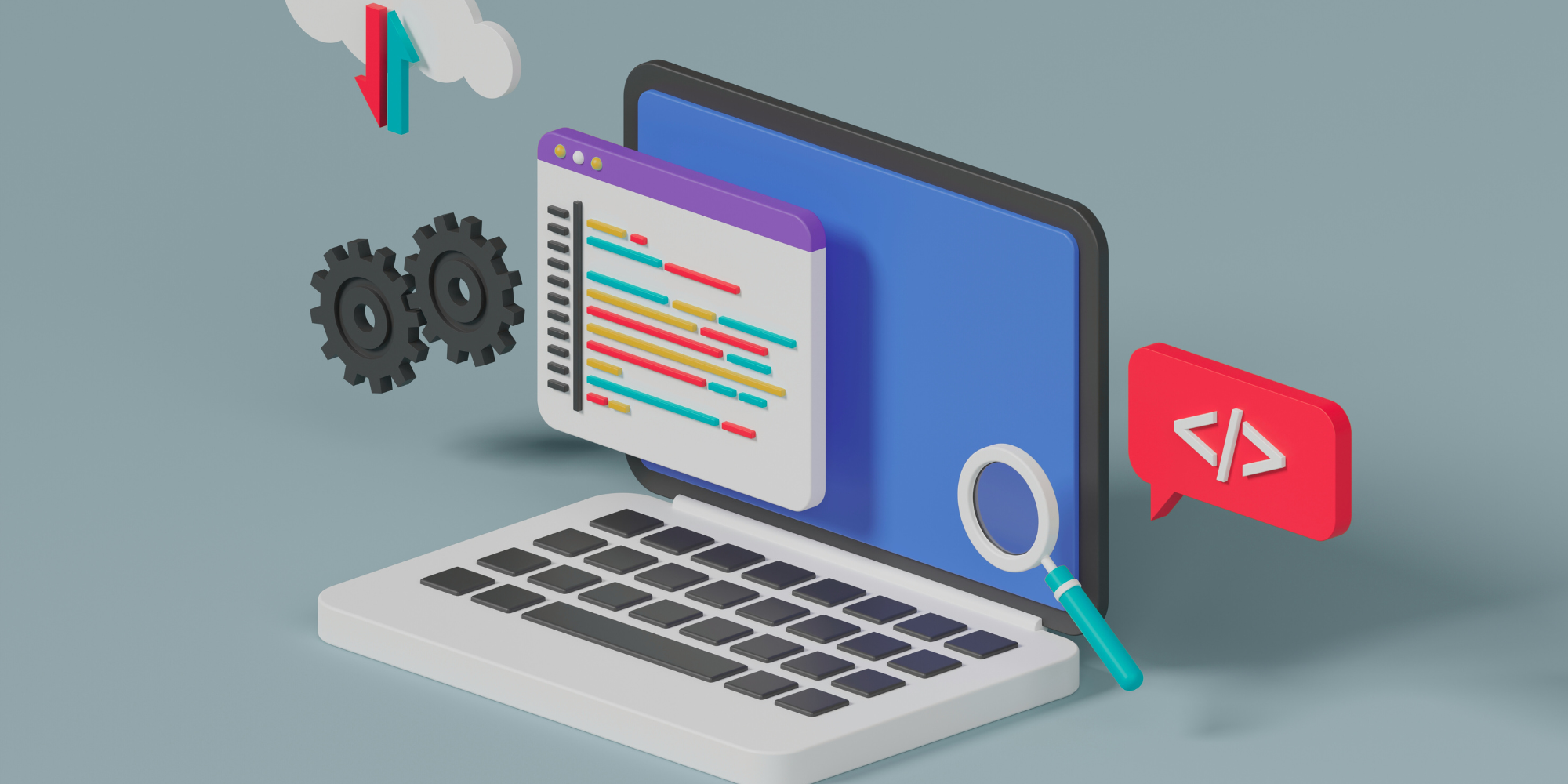The demand for skilled software developers and engineers is growing rapidly, and the trend is expected to accelerate in the coming years. In Dallas, TX, the outlook is especially promising. According to Texas Career Check, employment for software developers in Dallas is projected to reach 36,297 by 2032.
Dallas software engineering roles also come with competitive salaries. The average annual salary for a software developer in Dallas is $132,830, placing it among the top-paying metro areas for this profession. This financial incentive, coupled with the city’s rapidly expanding tech industry, makes Dallas an especially attractive destination for aspiring software engineers.
Whether you're transitioning careers, upskilling through a bootcamp, or just entering the workforce, Dallas provides a supportive and opportunity-rich environment for building a successful tech career. Employers in this region are increasingly recognizing the value of hands-on experience, project portfolios, and practical coding skills. As Dallas continues to invest in innovation, infrastructure, and technology education, the outlook for software engineers remains promising.
Before we dive into the salary breakdowns of top software engineering roles, it’s important to understand what software engineers actually do and which skills are in high demand.
What Does a Software Engineer Do?
The title “Software Engineer” covers a wide range of jobs, but most Software Engineers generally create and maintain websites, apps, software programs, etc. that are easy and enjoyable for people to use. The term Software Engineer can also refer to a specialist or a generalist who writes code for many kinds of software. Their overall task is to keep their platform clean, simple, and easy to use for everyday users.
Software Engineers, often called computer programmers, are different from Computer Engineers. Computer Engineers generally focus more on hardware (CPUs, processing power, and storage) whereas Software Engineers focus on coding, programming, and applications.
Types of Software Engineering Jobs Out There
Software Engineers often don’t have “Software Engineer” as their title. Some companies may use that term in their role-searching, but it could mean more than the title suggests. For example, a software engineering role may also cover the front-end development of a website or server management and maintenance. While Software Engineers have different job titles, many job titles incorporate various aspects of their other responsibilities.
Software Engineers often have these job titles:
- Web Developer
- Software Developer
- Network Engineer
- Java, SQL Developer
- Data Programmer
- AWS Solutions Architect
How Much Do Software Engineers Make?
Since software engineering has a broad career field, the salary can vary depending on the position, hiring platform, and part of the nation you’re in.
Since salary often varies by job title, we’ve listed average software engineering salaries from various job roles in the United States below.
What Are the Highest-Paying Software Engineering Jobs?
1. System Engineer
A System Engineer works with IT firms and companies to install software programs on networks and databases. They also help maintain the system overall and make repairs to ensure security measures.
Average Salary in Dallas, TX: $126,381
2. Full-Stack Developer
Full-Stack Developers are responsible for both front-end and back-end development. Front-end development may involve creating visual designs for websites, mobile applications, and company platforms. Back-end development usually involves running and maintaining servers to communicate with companies, consumers, and departments within an organization.
Average Salary in Dallas, TX: $116,611
3. Cloud Engineer
Cloud Engineers are responsible for deploying, debugging, and executing initiatives related to cloud computing. They ensure that a company’s cloud management system stays safe, secure, and updated, so it consistently backs up information.
Average Salary in Dallas, TX: $129,394
4. Mobile Developer
Mobile Developers are responsible for the development and designing of mobile applications. They may also be required to restructure company websites to fit a mobile format or create an app for the company. As a pivotal part of the engineering team, they help lead projects through the entire lifecycle, from conceptualization and design to testing and ongoing support.
Average Salary in Dallas, TX: $109,758
5. Development Operations Engineer
Development Operations Engineers, or DevOps, work with companies to compile code libraries or databases for the system or software program created. They also build and manage the infrastructure and automation systems that allow teams to deliver software efficiently and reliably.
Average Salary in Dallas, TX: $124,553
6. Site Reliability Engineers
Site Reliability Engineers communicate with DevOps Engineers and Software Engineers to address potential website errors or messages affecting the user or the consumer. They write code, monitor software, and troubleshoot bugs to provide assistance with timely infrastructure fixes.
Average Salary in Dallas, TX: $131,156
7. Software Architect
Software Architects are responsible for using their knowledge of software development to oversee a team of software developers and other IT professionals. They make project-specific software design choices, coordinate technical teams, and select and enforce technical coding standards when creating new programs or software.
Average Salary in Dallas, TX: $172,876
8. Enterprise Architect
Enterprise Architects design and oversee the implementation of strategic solutions that align with an organization's business goals and objectives. They set information technology standards, purchase software, and enlist the help of the IT department to create the software.
Average Salary in Dallas, TX: $157,131
9. Technical Program Managers
Technical Program Managers develop new software programs, updates, and maintenance issues to existing programs that teams need to complete within a given time frame. They act as a bridge between engineering teams and business stakeholders, translating technical requirements into actionable plans while managing timelines, budgets, and resources.
Average Salary in Dallas, TX: $144,693
In-Demand Software Engineering Skills
- Python: Python shows up in 34.2% of all software developer job postings, making it the most in-demand technical skill in the industry. Its versatility is one of its strongest attributes, enabling engineers to tackle tasks ranging from creating simple automation scripts to developing complex machine learning models.
- Java: Java appears in 31.9% of job listings, highlighting its critical role in today’s software engineering landscape. Java’s scalability and robustness have established it as a preferred language for building large-scale systems, especially in sectors such as finance, healthcare, and telecommunications.
- JavaScript: JavaScript proficiency is mentioned in 31.5% of job listings. As the backbone of dynamic, interactive web pages, JavaScript allows developers to create client-side (front-end) and server-side (back-end) applications.
- React: React appears in roughly 27.8% of job listings, highlighting the increasing demand for modern front-end frameworks in today’s software development landscape.
- C#: C# continues to be a key player in the software engineering field, showing up in 23.5% of job listings and demonstrating its ongoing relevance and demand. C# seamlessly integrates with the .NET platform, which makes it a top choice for Windows-based app development.
- AWS: AWS expertise is featured in about 23.3% of analyzed job postings, reflecting the growing emphasis on cloud computing and the need for scalable infrastructure in modern tech environments.
- SQL: Database skills, particularly SQL, are essential for effective data management and are a key component of a successful software engineer’s toolkit. These skills appear in 20.5% of job listings, highlighting their continued relevance in the industry.
Industry-Specific Skills Breakdown
Identifying the most in-demand skills across various industries can give you a strategic advantage. By aligning your technical abilities with what specific sectors are looking for, you can shape a learning path that supports your long-term career goals. Here’s a breakdown of how key software engineering skills are applied in major industry sectors:
- Financial Technology (FinTech): Java, Python, C++, SQL, AWS, Docker
- E-commerce and Retail Tech: JavaScript, React, TypeScript, Python, AWS, SQL
- Gaming and Entertainment: C++, C#, .NET, Python, JavaScript, AWS
- Healthcare Technology: Python, Java, C#, SQL, AWS, Docker
- Software as a Service (SaaS): JavaScript, React, TypeScript, Python, AWS, Docker
- Artificial Intelligence and Machine Learning: Python, C++, Java, SQL, AWS, Docker
- Enterprise Software: Java, C#, .NET, SQL, Git, Agile Methodology
Why are Software Engineers Paid So Well?
For many companies, Software Engineers and their teams create the entire interface and complete user experience for customers, third-party interference, and company members. For example, for software companies (Adobe, Salesforce, Intuit) and companies that rely on an application or a website for sales (Amazon, eBay, Wayfair), almost all of the design, back-end development, and front-end development fall to Software Engineers.
Even for companies with other user touchpoints where the entire product isn’t digital, visual design, interactions, modeling, and other methods are critical to making a good impression and helping customers achieve their goals. Whether that’s buying a product, finding information, logging in and out of an account, or connecting with a customer service agent, the design and development process is involved in all of it.
As more processes become digitalized and companies embrace emerging technologies, demand for software engineers with specialized skills continues to increase.
If you’re interested in a career as a Software Engineer, check out our Software Engineering Bootcamp. You’ll start with the fundamentals of programming and progress to building your own applications, gaining hands-on experience with HTML, CSS, JavaScript, React, Python, and backend systems. You can finish the program in as little as 15 weeks and develop a job-ready portfolio so you can start your new career.
Apply now or book an appointment with our admissions to learn more about the program!







.png)